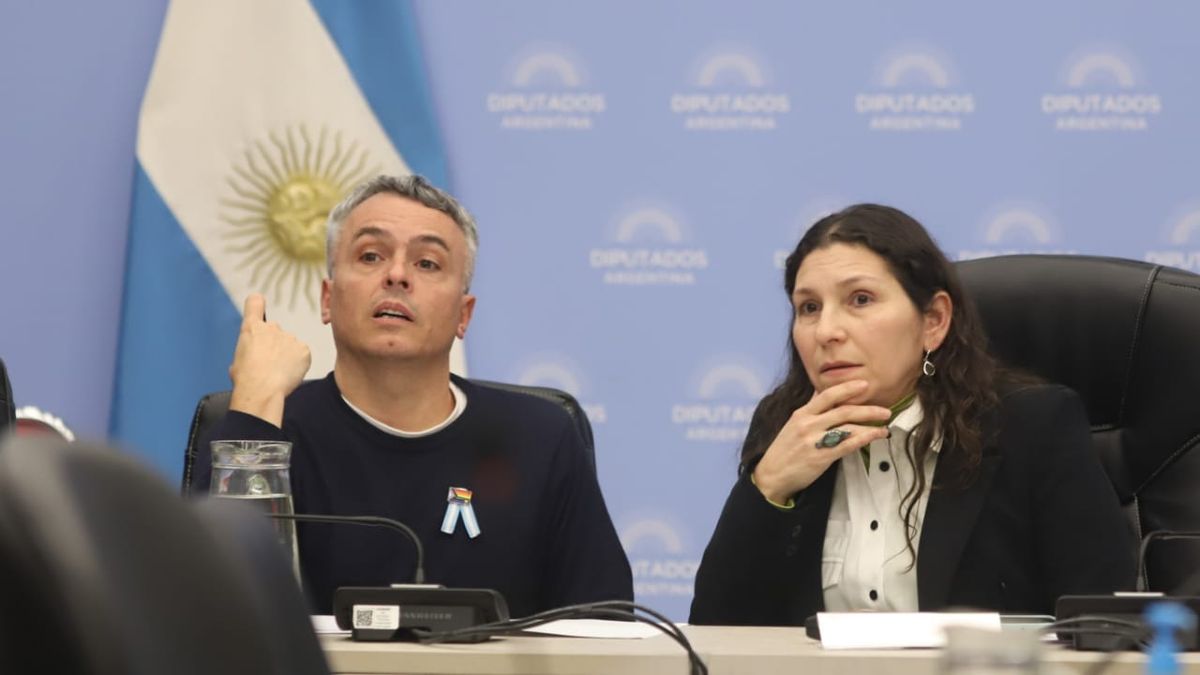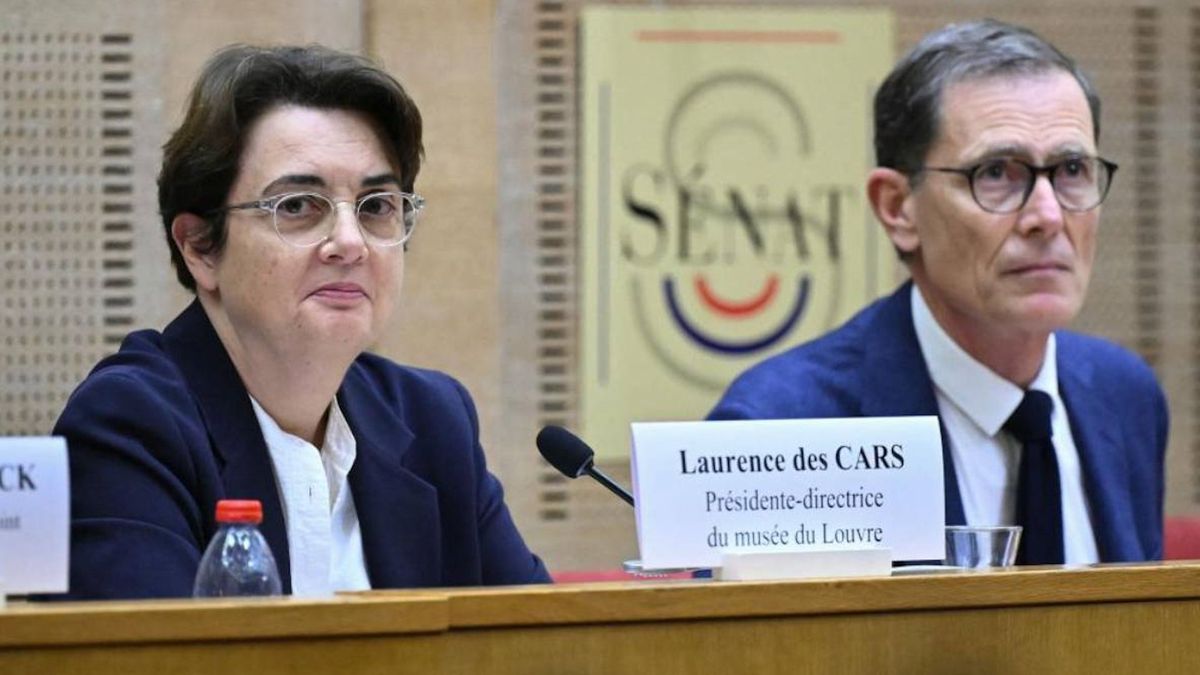Different blocks agreed to specify the criminal figure of harassment at work and in academic settings. They seek to sanction him before the end of the year.
In the Chamber of Deputiesa plenary session of the Labor Legislation and Women and Diversity Commissions passed legislation that criminalizes situations of gender violence and sexual harassment in work and academic environments, contemplating contexts of power asymmetry. So far, it is only established for street or domestic spaces.
The content you want to access is exclusive to subscribers.
The initiative was promoted by the group of Argentine Journalists and would imply a reform of the Comprehensive Protection Law to Prevent, Punish and Eradicate Violence Against Women. It has consensus of the blocks of Union for the Homeland, PRO, radicalisms, Federal Meeting, the Civic Coalition and the Left Front.


In that sense, it would criminalize sexual violence and harassment “verbal, non-verbal, physical and/or psychological conduct or behavior, carried out by any means, of a sexual nature and not consensual, with the purpose and/or effect of attacking the dignity of women, generating a intimidating, hostile, degrading, humiliating and/or offensive environment”. Additionally, they were granted tools for companies that want to remove a harassing employee but cannot face a labor lawsuit or compensation.
In 2023, a study by the Friedrich-Ebert-Stiftung foundation and Grow Género revealed that In Argentina 3 out of 10 women suffered sexual violence at work. The main ways in which it is presented are through inappropriate comments about the body or clothing (33%); inappropriate physical approaches that can include everything from advances on personal space to non-consensual physical contact (22%) and sexual favors in exchange for benefits or job promotions (4%).
Workplace violence and harassment: interventions by deputies
The Buenos Aires Monica Macha (Unión por la Patria), head of the Women and Diversity Commission and promoter of the project, noted that “Gender violence must be thought of as a living process” and pointed out that “realities are changing and so is the perception that we ourselves manage to construct about situations of violence. “Perhaps there were issues that before we naturalized or let them pass out of fear, shame or humiliation, today we are willing to have them covered by the law.”
For its part, the Jujeña Natalia Sarapura (UCR) He stressed that “we are very aware of the process of social transformation that our grandmothers have initiated and that our elders have led. It is necessary that we say clearly that when we talk about women’s rights they are internationally recognized human rights.” “There are symbols, attitudes and practices that put our integrity at risk and institutionalize violence. At this moment, from places of power, discourses of violence towards the weakest sectors are being installed and those of us who achieved inherent improvements,” he added.
Later, the Santa Fe Esteban Paulón (Federal Meeting) celebrated “the multiparty agreement that puts the interest of guaranteeing rights before any sectoral interest” because “it maintains democracy in good health in Argentina.” Likewise, he requested that in the debate for the Budget 2025 does not “allow cuts in public policies for gender equality”“.
In the case of Silvia Lospennato (PRO)requested to expand the debate in the future to think about the inclusion of women in the formal labor market: “Women have fewer hours to dedicate to the labor market, because we spend exactly twice as much time as men on care tasks.” “We should not continue postponing these discussions,” he asked.
Fernando Brovelli Report.-
Source: Ambito
I am an author and journalist who has worked in the entertainment industry for over a decade. I currently work as a news editor at a major news website, and my focus is on covering the latest trends in entertainment. I also write occasional pieces for other outlets, and have authored two books about the entertainment industry.




